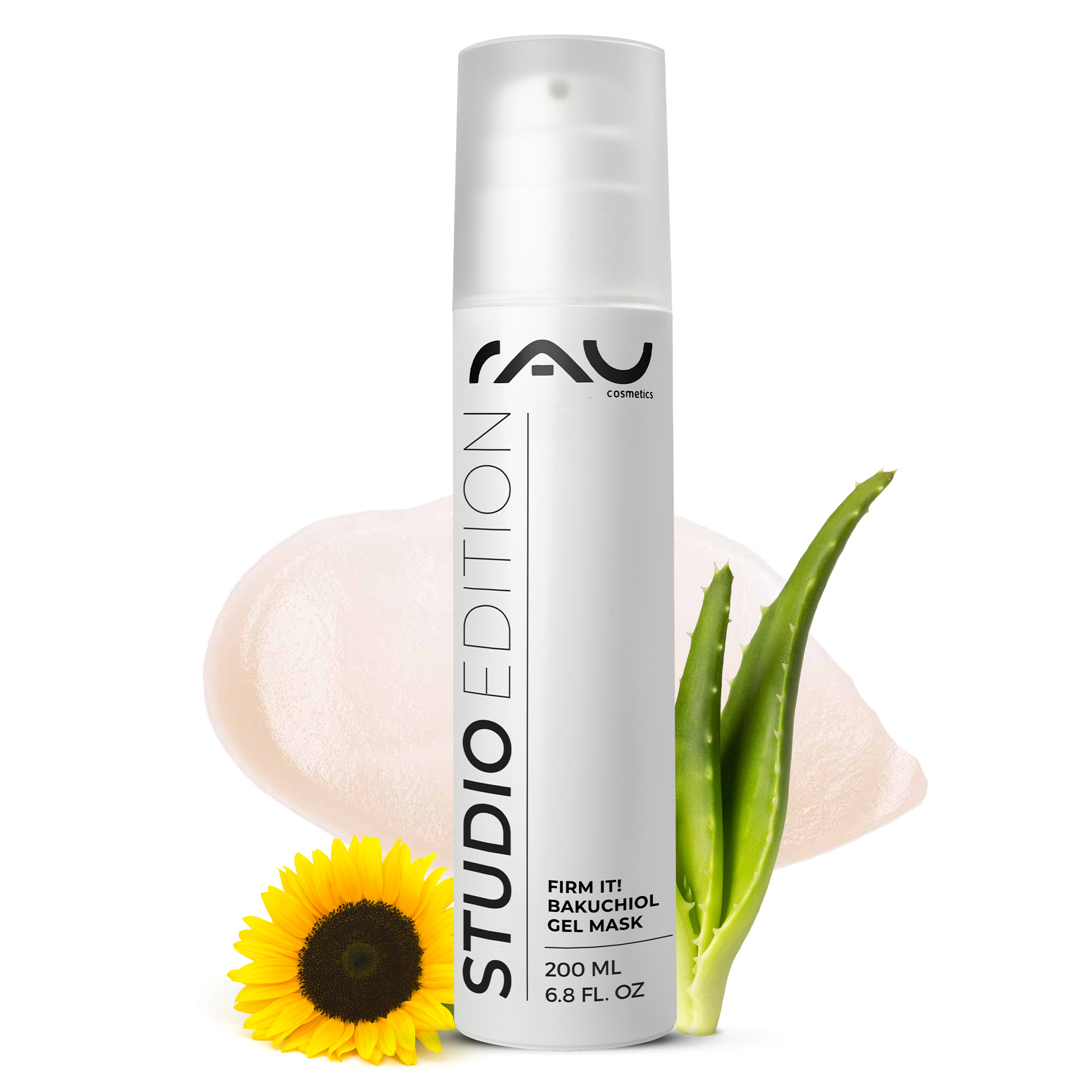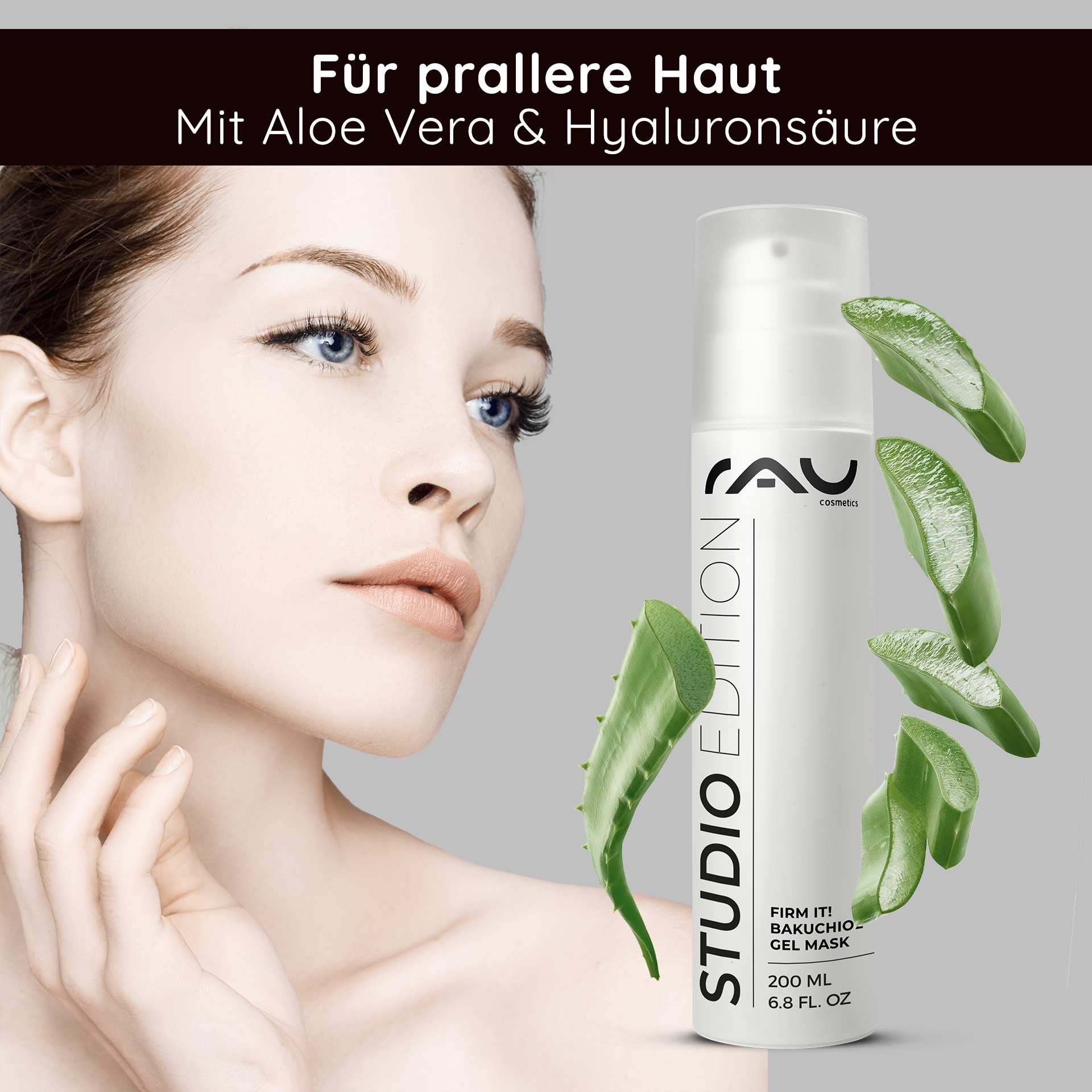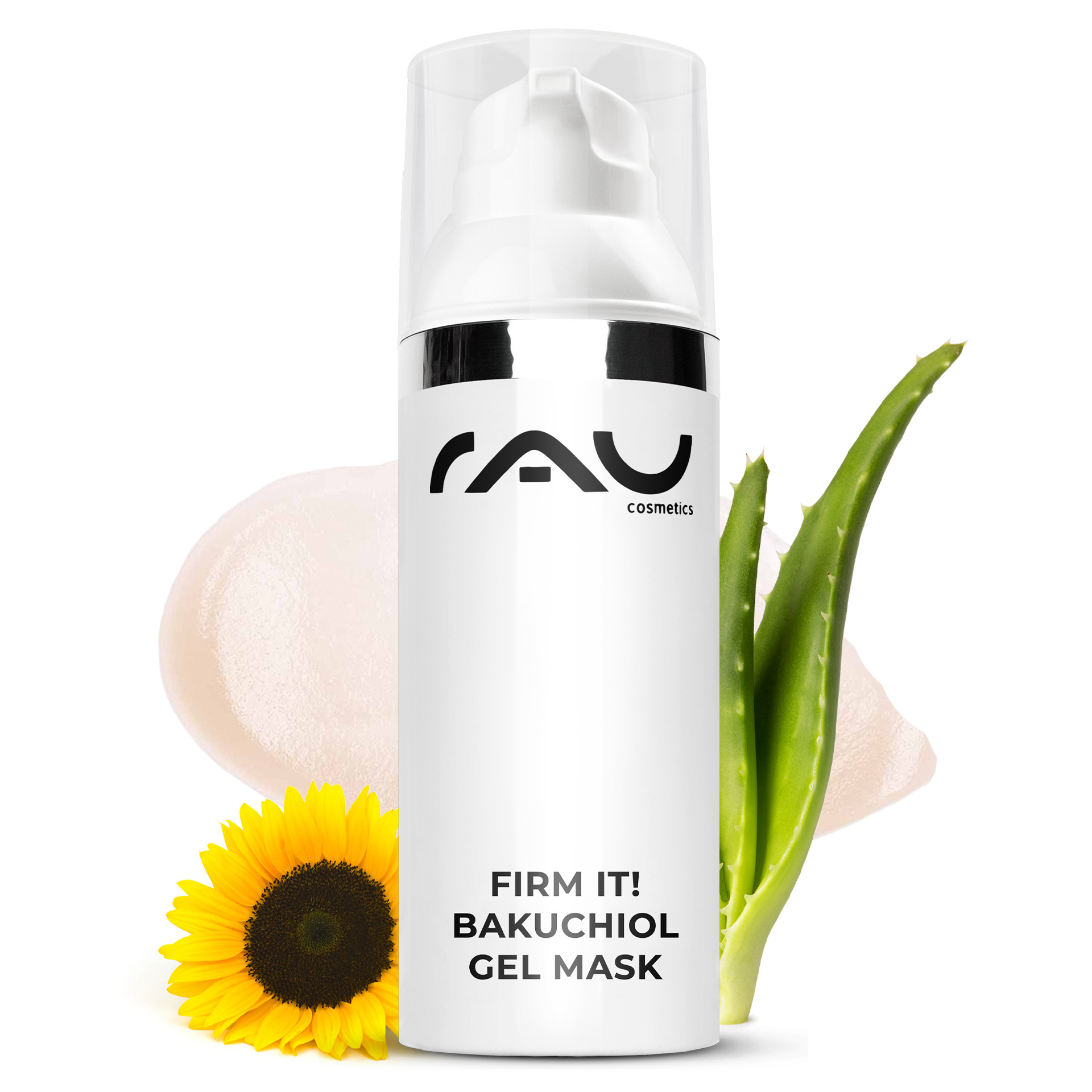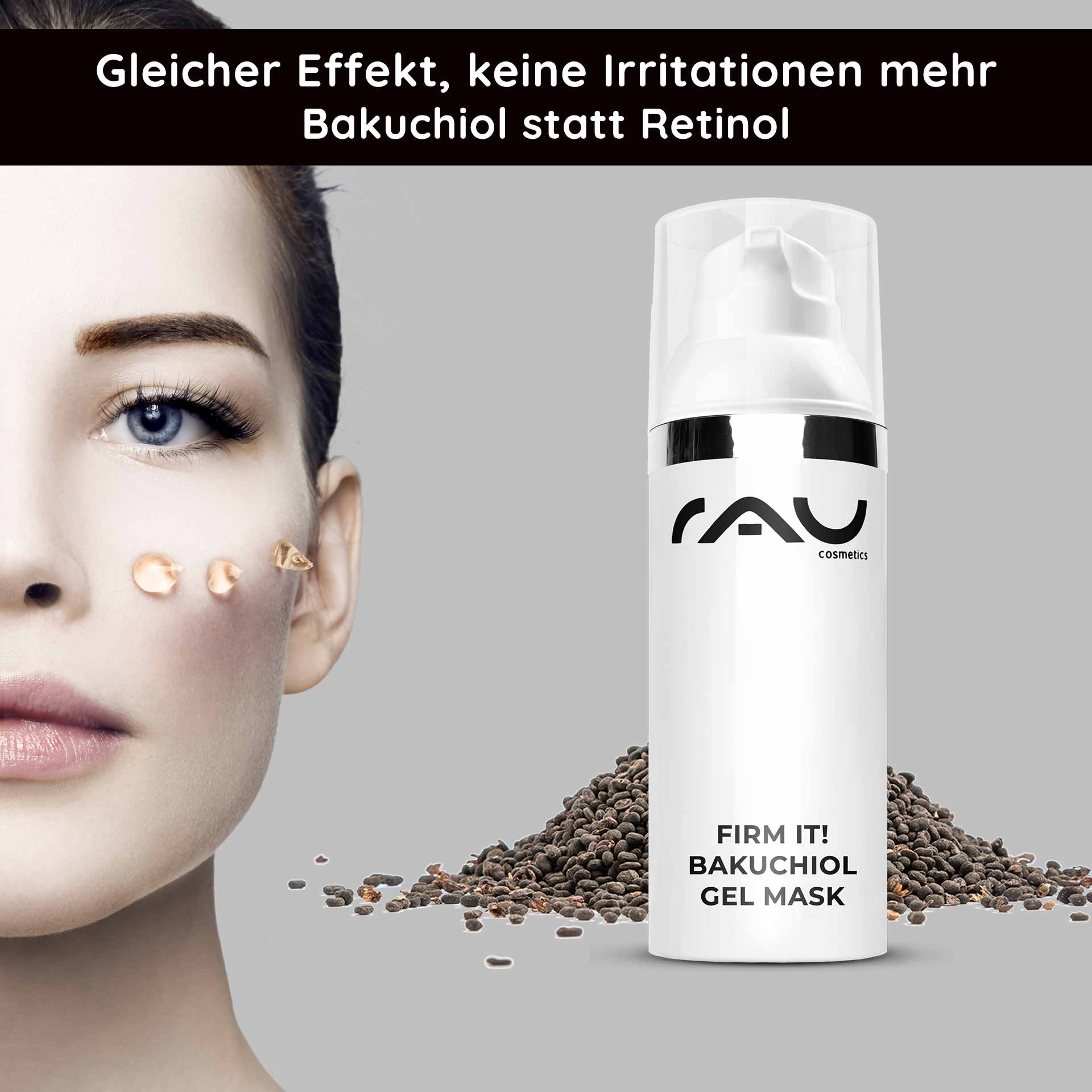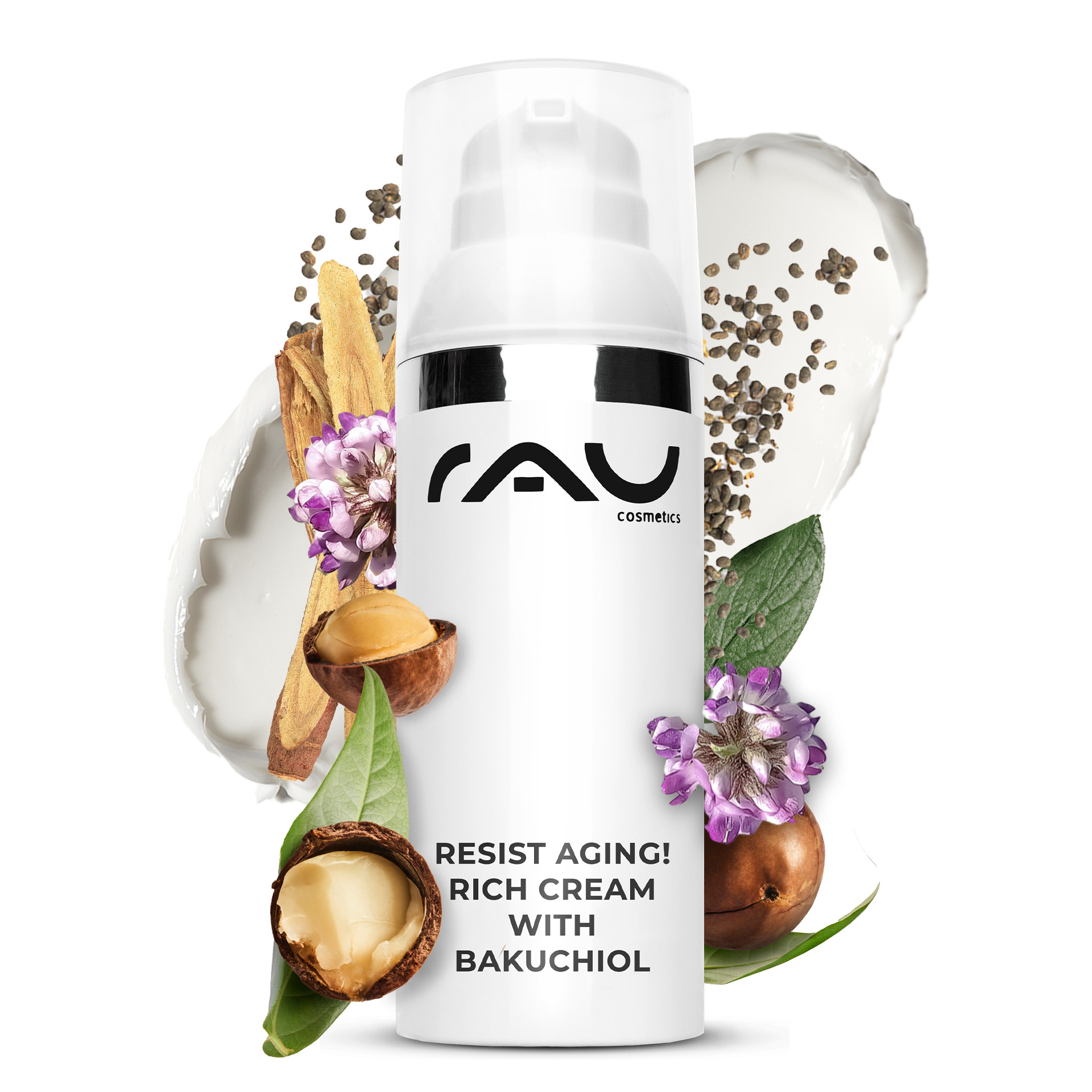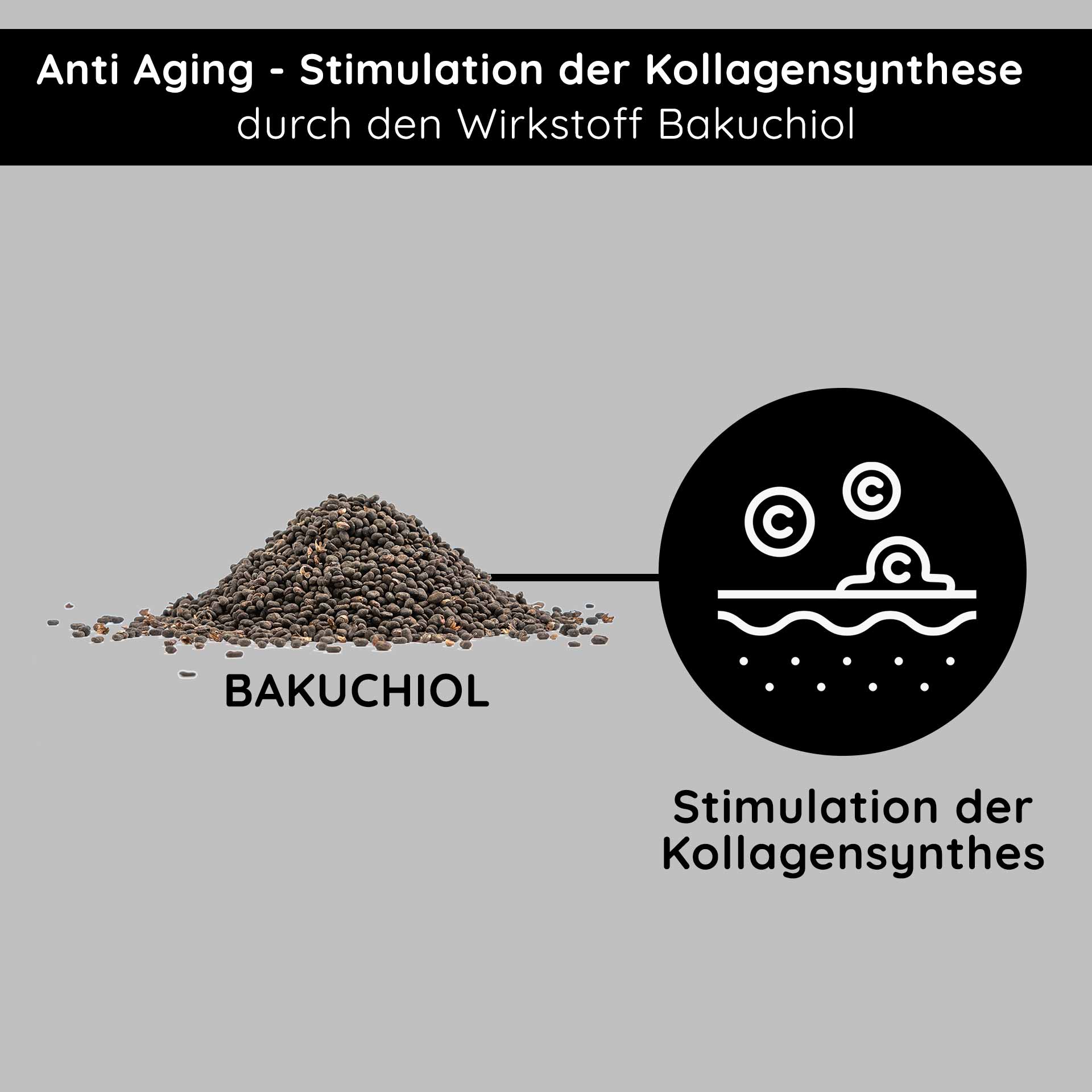SODIUM SULFITE
Discover the effect of sodium sulphite in skin care products. Learn more about its benefits, application and safety instructions.
Content: 0.2 Liter (CHF644.35* / 1 Liter)
Content: 0.05 Liter (CHF777.40* / 1 Liter)
Content: 0.05 Liter (CHF699.80* / 1 Liter)
Sodium sulphites in skincare: a comprehensive overview
Introduction
Sodium sulfite, also known as sodium sulphite, is a commonly used ingredient in the skincare industry. This salt is valued for its antioxidant and protective properties. In this article, we explore the role of sodium sulphite in skincare, its benefits, uses and associated safety warnings.
What is sodium sulphite?
Sodium sulphite is an inorganic salt used as a preservative and antioxidant in various cosmetic products. It helps to prevent oxidation and therefore extends the shelf life of products.
Chemical properties
Chemically, sodium sulphite is a salt of sulphurous acid. It is soluble in water and forms sulphite ions in solution.
Advantages of sodium sulphite in skin care
Antioxidant effect
Sodium sulphite acts as an antioxidant that neutralises free radicals and thus protects the skin from oxidative stress.
Preservative
As a preservative, it prevents the growth of micro-organisms in cosmetic products, thus extending their shelf life.
Protection against environmental damage
It can also help to protect the skin from harmful environmental influences.
Use of sodium sulphite in skin care
Sodium sulfite is used in a variety of skin care products, including face creams, lotions and cleansers. It is particularly useful in products that are prone to oxidisation or are used in humid environments.
Safety and compatibility
The safety of sodium sulfite in skin care has been evaluated by various health authorities. It is generally considered safe, but people with sensitive skin or allergies should exercise caution.
Possible side effects
Although sodium sulfite is safe for most people, it can cause skin irritation or allergic reactions in some individuals. It is important to exercise caution when using new products containing sodium sulphite for the first time.
Conclusion
Sodium sulphite is a versatile and useful ingredient in skincare. Its antioxidant and preservative properties contribute to the stability and effectiveness of skincare products. As with all ingredients

